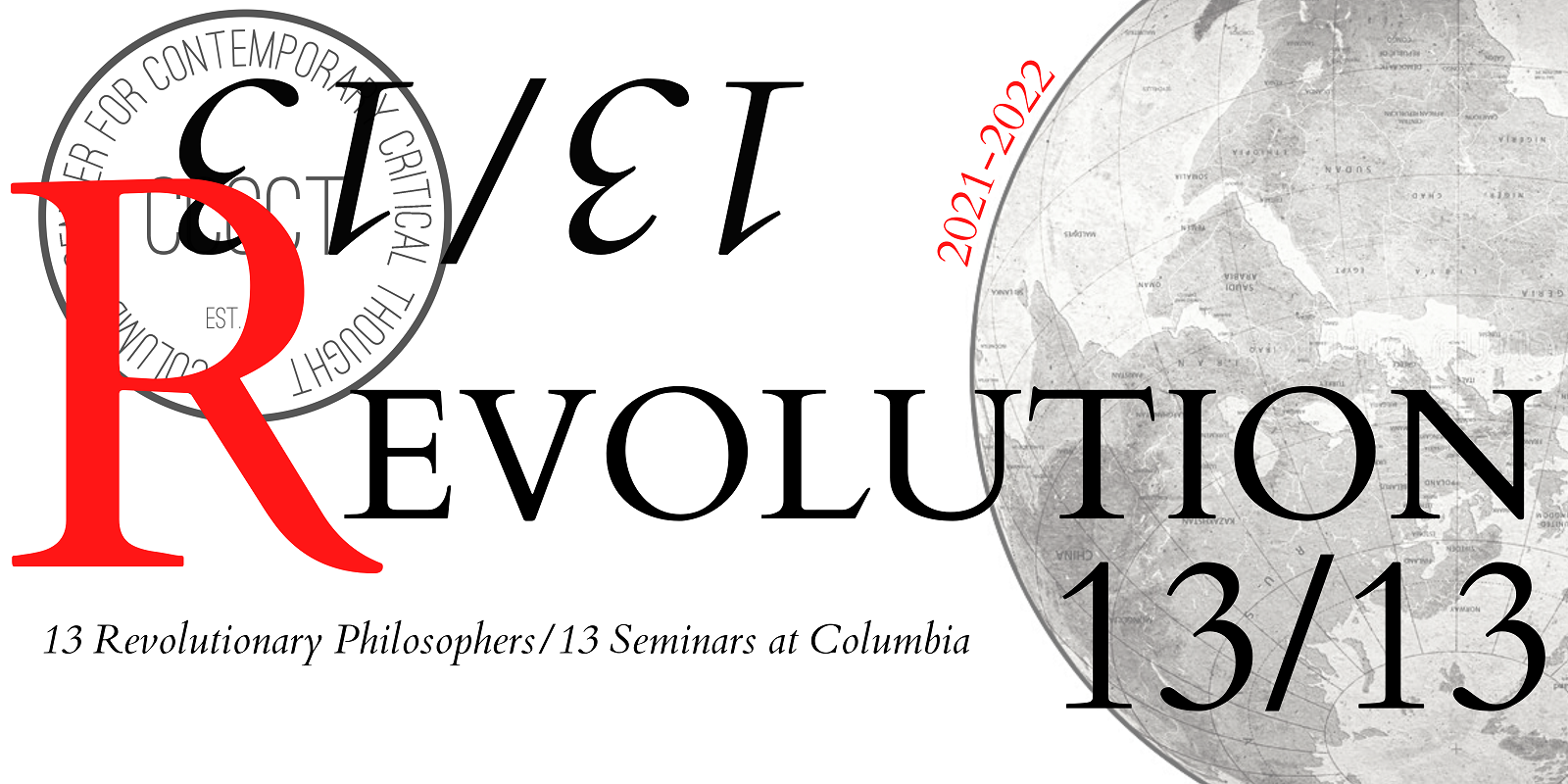By Kendall Thomas
At Revolution 6/13, I would like to explore how our readings for the seminar help us understand how the task of critical race theory is to develop a theory of racial power without resort to, that is not dependent upon, and that is not the same as a theory of racial identity.
This moment is one in which we are dealing with mobilizations of racial power that are only contingently related to identity, and if we continue to overinvest in identity as a ground of both analytic and programmatic political action, we will be in a position where we won’t be able to do anything except engage in this battle on the terms of Christopher Rufo. Because the moral power of Rufo’s claim is that people are not their identities: “Just because I’m white, doesn’t mean I’m racist.” That is the moral power of his argument. If we don’t talk about anything else than identity, there is no way forward.
So the question I would like to investigate is to what extent do Stuart Hall and Manning Marable help us understand what’s at stake in asking the question:
Is CRT a theory of racial power or a theory of racial identity? Or is this a distinction without a difference?
Because the answer to these questions will shape how we see this moment, and how we respond to it. This alone will allow us to frankly discuss what’s going on right now regarding critical race theory.
In preparatory discussions for Revolution 6/13 with Bernard, we have broached a range of topics, all of which are relevant to these central questions. They include, among others:
- Experience
- Event
- Objectivity
- Authenticity
- Identity
- “Subject-Effect”
- Propositional Identity vs. Cultural Difference
- “Relationship to a certain experience”
- Ideology
- Power
- Representation
- Imagination
- Psychic life
- Revolution
- Abolition
- Reconstruction
- The Nation-State
- Diaspora-Diasporic
- “Racial experience”
- “Racialization”
- “Taking Reconstruction Seriously”
